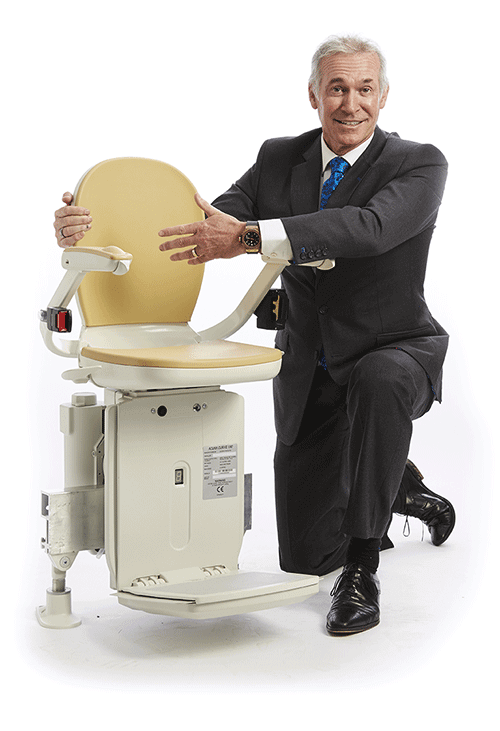
It is no secret that maintaining a sense of equilibrium is essential in everyday life. It's a good idea to balance everything you do, whether it's how you eat or how much time you invest doing errands. Similarly, the balance and stability you use to stay mobile in your own home are crucial. Maintaining or improving equilibrium reduces the chances of slipping and being hurt.
Many causes, such as arthritis, eye issues, and difficulty balancing, may affect your balance as you get older. On the other hand, regular physical balance workouts could help improve anything from thinking functions to the general quality of life.
Balance-enhancing exercises such as yoga, tai chi, or balance-enhancing exercise programs may improve static and dynamic equilibrium. Since our bodies adjust as we age due to weakened body functions, we must do whatever we can to sustain and gain strength to stay healthy. Here are a few simple activities to help you gain stability:
One Leg Balance - Take 30 seconds to balance one leg, raise your knee, and take your foot off the ground.
Stepping to the Side - Side shuffles are a great way to build strength; make it more challenging by putting small objects in your path to practice stepping over.
Walking - Mix in a little bit of walking to add some stamina and core building work into your everyday.
Avoiding falls and spills fundamental reason to want to work on your balance, but there are a few more reasons to consider it.
Cognitive Performance- New Research (Dunsky, 2019) shows that improving coordination from exercising can positively affect self-mapping, navigation, and even your memory! From just a few weeks of training, your balance could have significant effects on some of your cognitive performance.
Quality of Life- In the findings of another study (Halvarsson, 2018), when participants finished a three-month log programe, there was a substantial reduction in the change of developing depression corresponding to the fear of falling.
Some Cautions
Before beginning new things, you should go in a little cautious to prevent getting injured.
Take it easy. Things take time, and you won't see a big difference overnight. Start with some less strenuous movements, and as you get stronger, you can gradually progress into more difficult ones.
Hold on to a chair for balance when you need it, or keep one nearby if you need a break.
Talk with your doctor. Before starting any new regimen, make sure you are doing what's suitable for you by speaking with your doctor.
Adding an Aid
There is no shame in adding things to make getting around more manageable for those struggling with their mobility throughout their house. Adding home aids can be extremely valuable, especially for those looking to improve balance. Adding support handles where they are needed or ensuring you have non-slip mats underneath your rugs can make a big difference. If you are having troubles on the stairs or feeling unstable, it may be an excellent time to consider a stairlift. Being unbalanced on your staircase can cause you to stress, worry less and put your mind at ease with a stairlift. Acorn has many solutions to help restore balance to your life.
Changing your perspective on balance could improve your quality of life. Hopefully, you will use some helpful hints to improve your agility, safety, and balance.
Sources:
Dunsky A (2019) The Effect of Balance and Coordination Exercises on Quality of Life in Older Adults: A Mini-Review. Front. Aging Neurosci. 11:318. where doi: 10.3389/fnagi.2019.00318
Hafström, A., Malmström, E. M., Terdèn, J., Fransson, P. A., & Magnusson, M. (2016). Improved Balance Confidence and Stability for Elderly After 6 Weeks of a Multimodal Self-Administered Balance-Enhancing Exercise Program: A Randomized Single Arm Crossover Study. Gerontology & geriatric medicine, 2, 2333721416644149. https://doi.org/10.1177/2333721416644149
Halvarsson, A., Olsson, E., Farén, E., Pettersson, A., and Stahle, A. (2011). Effects of new, individually adjusted, progressive balance group training for elderly people with fear of falling and tend to fall: a randomized controlled trial. Clin. Rehabil. 25, 1021–1031. doi: 10.1177/0269215511411937

